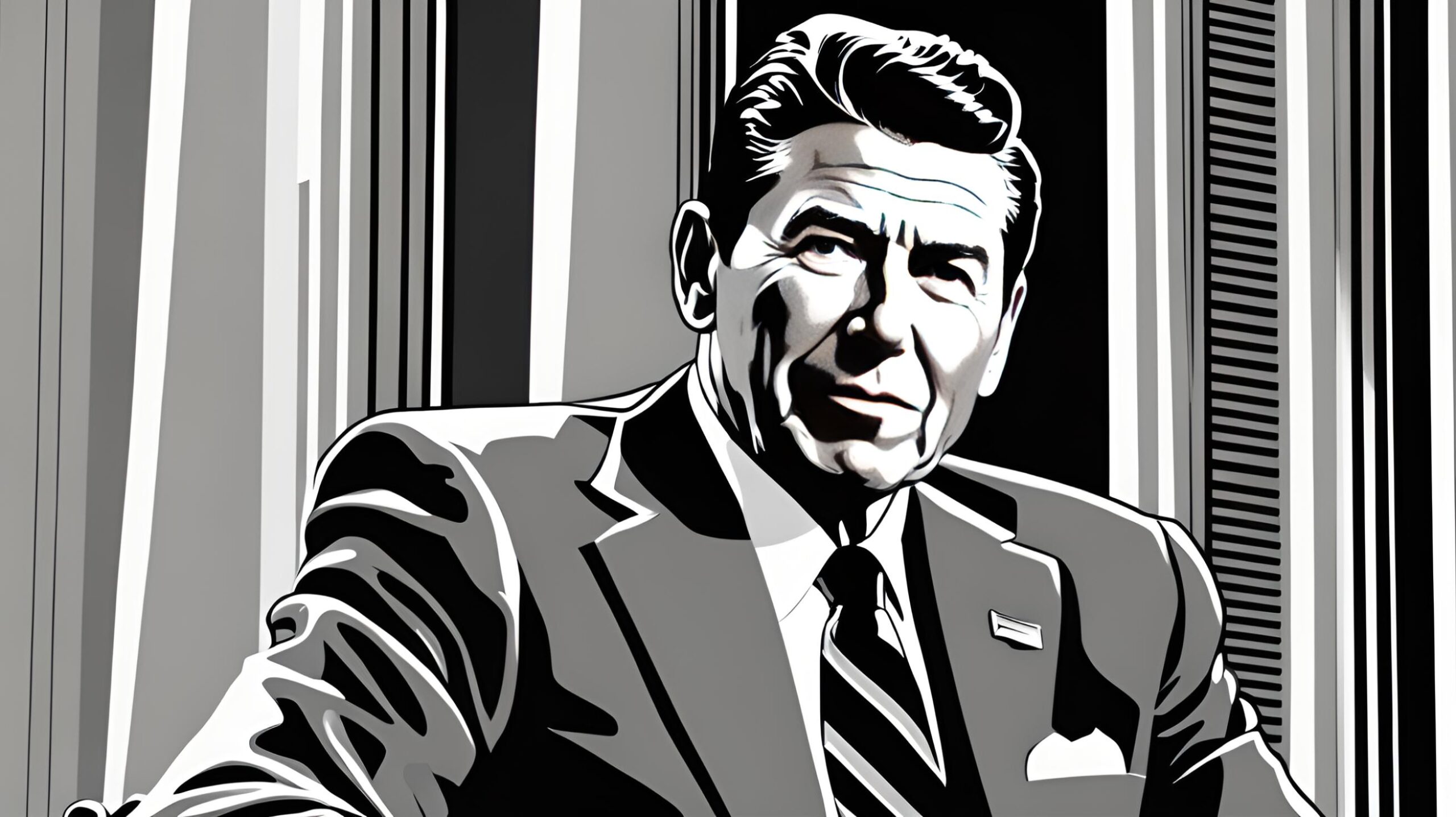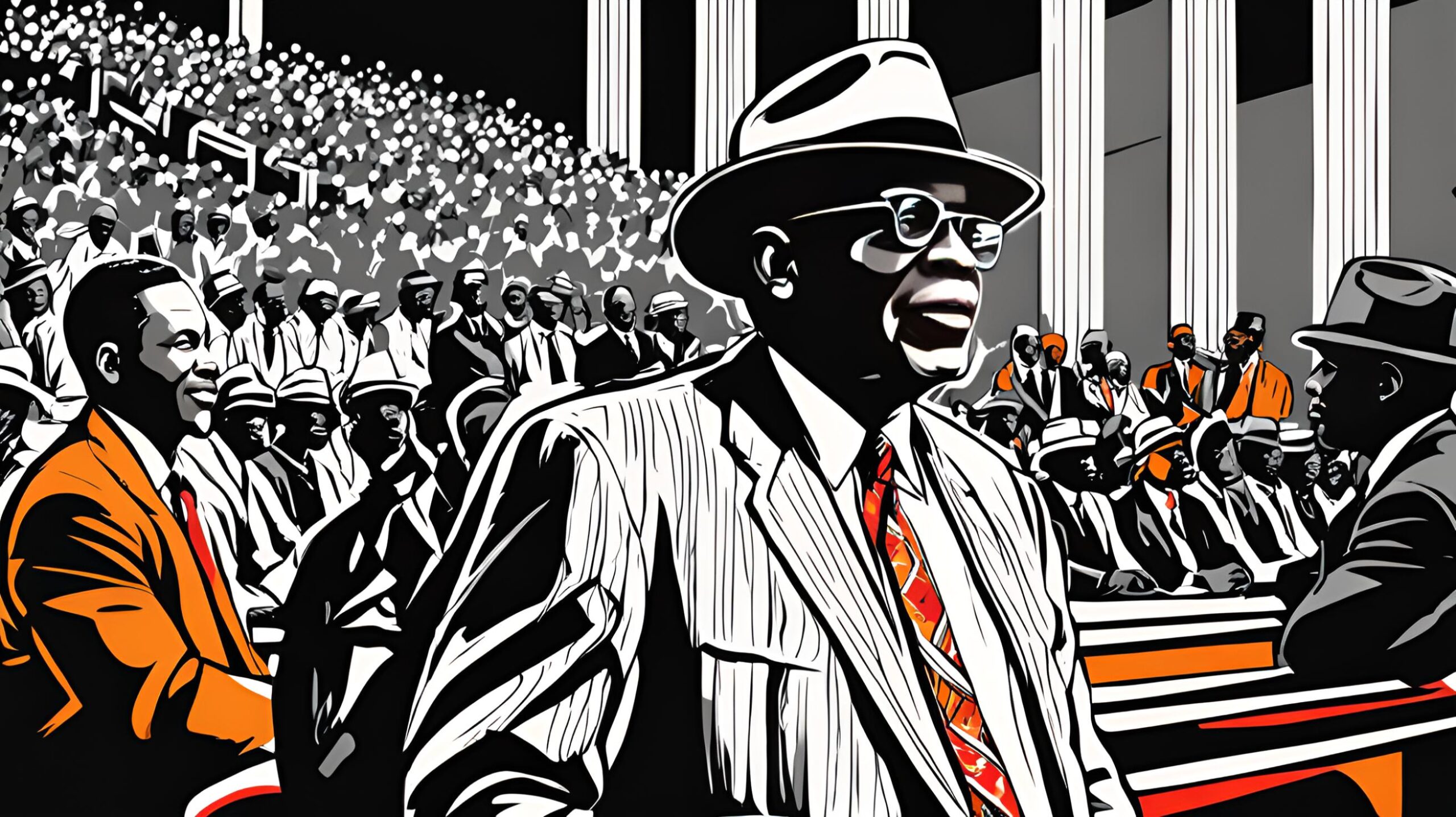Flashback to September 24
American History

1987
US President Ronald Reagan assumes responsibility for his role in the Iran-Contra scandal
Read moreOn August 13, 1987, a significant incident took place that would make a profound mark on American political history. U.S. President Ronald Reagan publicly assumed responsibility for his role in the controversial Iran-Contra scandal. This event drew worldwide attention, signaling a pivotal moment for Reagan’s presidency and American foreign policy.
In a bid to comprehensively understand the Iran-Contra scandal, it is essential to focus on the inherent complexities within the event. This seismic political event began as a covert operation under the Reagan Administration. The President’s administration had allegedly sold arms to Iran, which was embroiled in a bitter war with Iraq, bypassing the dictum to sell arms by way of third countries. This move was in direct contravention of the established U.S. policy stipulating a refusal to negotiate with terrorists.
Further, as part of the scandal, the proceeds from these arm sales were clandestinely used to fund the Contras, a right-wing rebel group in Nicaragua fighting the socialist Sandinista government. This action was also against the U.S. Congress’ Boland Amendment that expressly prohibited the further funding of the Contras.
The scandal’s serious implications led to multiple investigations, affecting Reagan’s presidency and making both domestic and international headlines. Ultimately, the event spotlighted the Reagan Administration’s disregard for both federal laws and its own ethical guidelines. These transgressions were enormously detrimental and disrupted the country’s political balance.
Reagan’s public admission of responsibility was an epoch-making event, as this was the first time in history a serving U.S. President had been embroiled in such a scandal and had openly accepted his role. The event marked a significant shift in public opinion, with many citizens questioning their faith in governmental integrity and elected officials.
By assuming responsibility, Reagan was attempting to mitigate the damage his administration had caused, which was slowly pushing the country towards a constitutional crisis. He emphasized that his actions were well-intended but accepted that the outcome had been negative. In his address to the nation, Reagan conceded that his administration, in pursuing covert activities, had violated the constitutional mandate of keeping the Congress fully informed about significant military activities. He accepted full responsibility for his team’s actions and pledged to ensure that it would not recur.
The repercussions of the Iran-Contra scandal on the Reagan presidency were severe. His approval ratings plummeted, and calls for his impeachment reverberated across the country. Some key members of his administration were indicted, and later convicted, including Reagan’s National Security Advisor, John Poindexter, and his aide, Oliver North.
The moment U.S. President Ronald Reagan assumed responsibility for his role in the Iran-Contra scandal was a watershed moment in American history. This event, imprinted in the annals of American political history, is a prime example of the necessary checks and balances within governments. It serves as a testament to the potent role of truth and accountability in safeguarding democratic principles.
We strive for accuracy. If you see something that doesn't look right, click here to contact us!
Sponsored Content

National black convention meets…
The historic National Black…

Congress passes the Judiciary…
On September 24, 1789,…

The Church of Jesus…
On September 24, 1890,…

